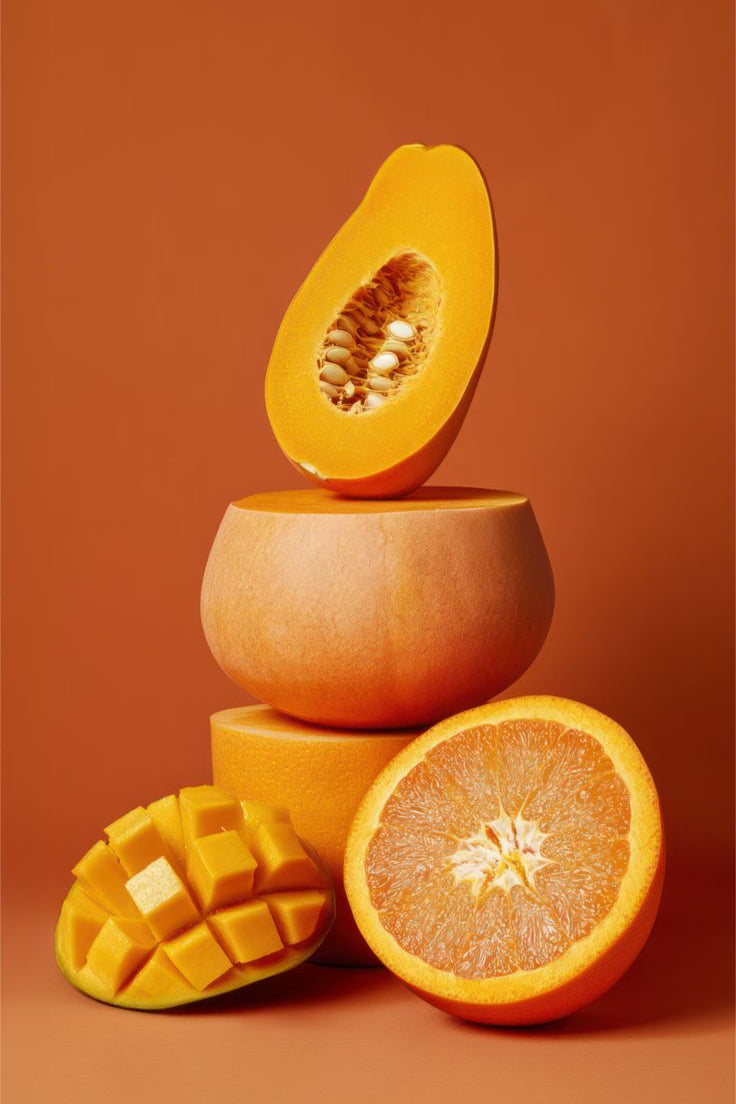The luteal phase, the second half of the menstrual cycle, starts after ovulation and lasts until the onset of menstruation. During this phase, the body prepares for a potential pregnancy, with progesterone levels rising. If pregnancy doesn’t occur, progesterone levels fall, triggering the shedding of the uterine lining, leading to menstruation. In simple terms, the luteal phase is when the body shifts towards either pregnancy or menstruation. Premenstrual syndrome (PMS) can commonly be experienced during this time with around 75% of women experiencing PMS during their reproductive years. PMS refers to the physical and psychological symptoms that a person may experience before their menstrual period, with common symptoms include bloating, breast tenderness, and mood changes.
During the luteal phase, nutritional needs are influenced by the increase in progesterone which can impact metabolism, appetite, and mood. Understanding specific nutrients that the body requires at this time can help support the body’s needs.
Omega-3s
The body’s metabolism increases during the luteal phase and there is a stronger preference for fat utilisation over carbohydrates. As progesterone levels rise to maintain the uterine lining, it is important to consume healthy fats like omega-3 fatty acids such as those from fish, nuts and other nutrient-rich foods.
Magnesium
Similarly to the follicular phase magnesium is also important during the luteal phase and it has been shown to help ease PMS symptoms like bloating, cramps, and fluid retention.
Vitamin B6
Vitamin B6 is an essential vitamin involved in regulating neurotransmitters (the body's chemical messengers) including serotonin and dopamine production, both of which are important for mood regulation. Some studies indicate that vitamin B6 might help reduce PMS symptoms and the NHS acknowledges this, but the findings are mixed, and more well-conducted research is needed to confirm its effectiveness. Foods rich in vitamin B6 include poultry, fish, bananas, potatoes, and fortified cereals.
Read more

Research has shown that during the follicular phase, the body favours carbohydrates for energy over fats or proteins whereas conversely later on in the menstrual cycle during the luteal phase there...

For decades, we’ve navigated pain, PMDD, endometriosis, birth, postnatal depression, and the ongoing, wild complexity of living in a female body. We’re not alone; one in three women will suffer fro...




